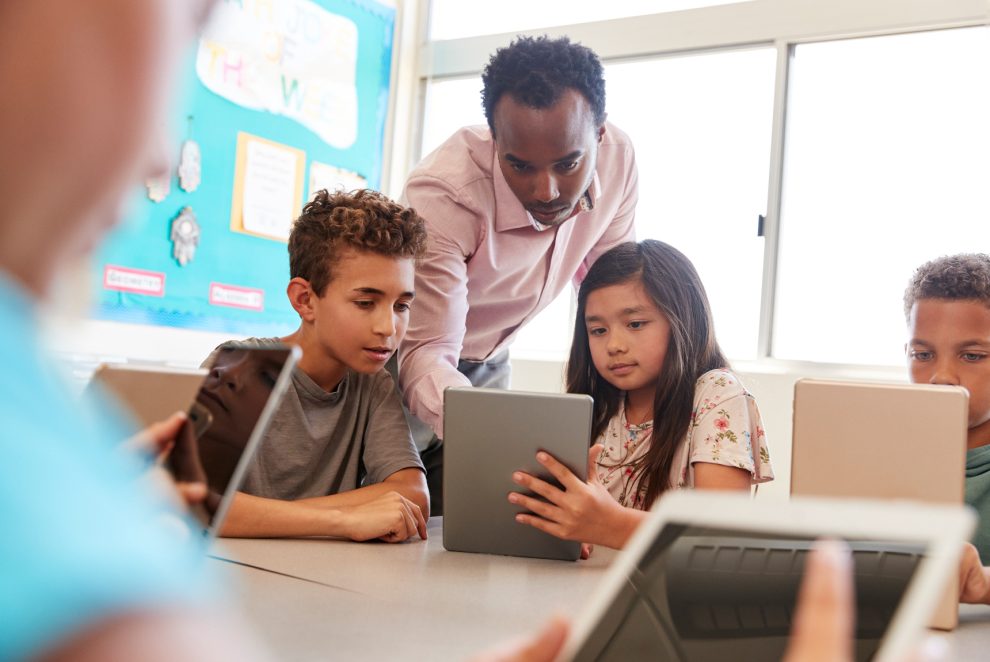The digital landscape holds limitless potential for our children, from unlocking knowledge to fostering connections. However, navigating this online world also presents risks, making media literacy and online safety crucial skills for their healthy development. As parents, educators, and caregivers, it’s our responsibility to equip them with the knowledge and tools to thrive in this complex environment.
Building the Foundation: Early Steps in Media Literacy
There are some key early steps we can take to instill strong media literacy skills from a young age:
- Spark Curiosity: Encourage questioning and critical thinking early on. Discuss the sources of information they encounter, whether online or offline. Ask them: “Who made this content? Why? What is their message?”
- Decode the Message: Help them analyze messages and images by dissecting advertisements, news articles, and social media posts. Talk about bias, persuasive techniques, and the importance of verifying information.
- Foster Healthy Digital Habits: Establish family rules for screen time, content consumption, and online interactions. Talk about cyberbullying, privacy settings, and online predators, empowering them to seek help if they encounter anything uncomfortable.
Nurturing Skills for the Digital Age
As children grow older, we need to nurture more advanced skills to empower them to harness technology for good:
- Embrace Age-Appropriate Tools: Utilize resources like games, online platforms, and interactive activities designed for specific age groups to make learning engaging and relevant.
- Lead by Example: Showcase your own responsible online behavior by being mindful of what you share and how you interact online. Open conversations about your own challenges and experiences.
- Embrace Open Communication: Foster a safe space for your child to openly discuss their online experiences, including any concerns or difficulties they encounter.

Empowering Learners: Advanced Media Literacy Strategies
As children reach their tween and teen years, we need to equip them with more advanced media literacy skills:
- Dive into Media Formats: Explore different media formats like news articles, documentaries, social media posts, and video games. Help them dissect the messages, techniques, and impact of each format.
- Source Validation: Teach them how to identify credible sources from misleading information. Explore fact-checking websites and tools to verify information they encounter online.
- Digital Privacy and Security: Discuss the importance of strong passwords, privacy settings, and responsible online sharing. Encourage them to be mindful of the information they share online and its potential consequences.
Collaborative Efforts: Working Together for Online Safety
Educating children on media literacy and online safety requires a collaborative effort across families, schools, and communities:
- Partner with Schools: Advocate for schools to integrate media literacy and online safety education into their curriculum. Work with teachers to provide resources and support their efforts.
- Engage with the Community: Collaborate with libraries, community centers, and other organizations to offer workshops and resources on media literacy and online safety.
- Stay Informed: Keep yourself updated on emerging trends and risks in the digital world. Utilize resources from reliable organizations like Common Sense Media or ConnectSafely.
Remember: Educating children on media literacy and online safety is an ongoing process. It requires patience, collaboration, and open communication. By equipping them with the knowledge and skills they need, we can empower them to become responsible and safe digital citizens, ready to navigate the ever-evolving online world with confidence.
















Add Comment